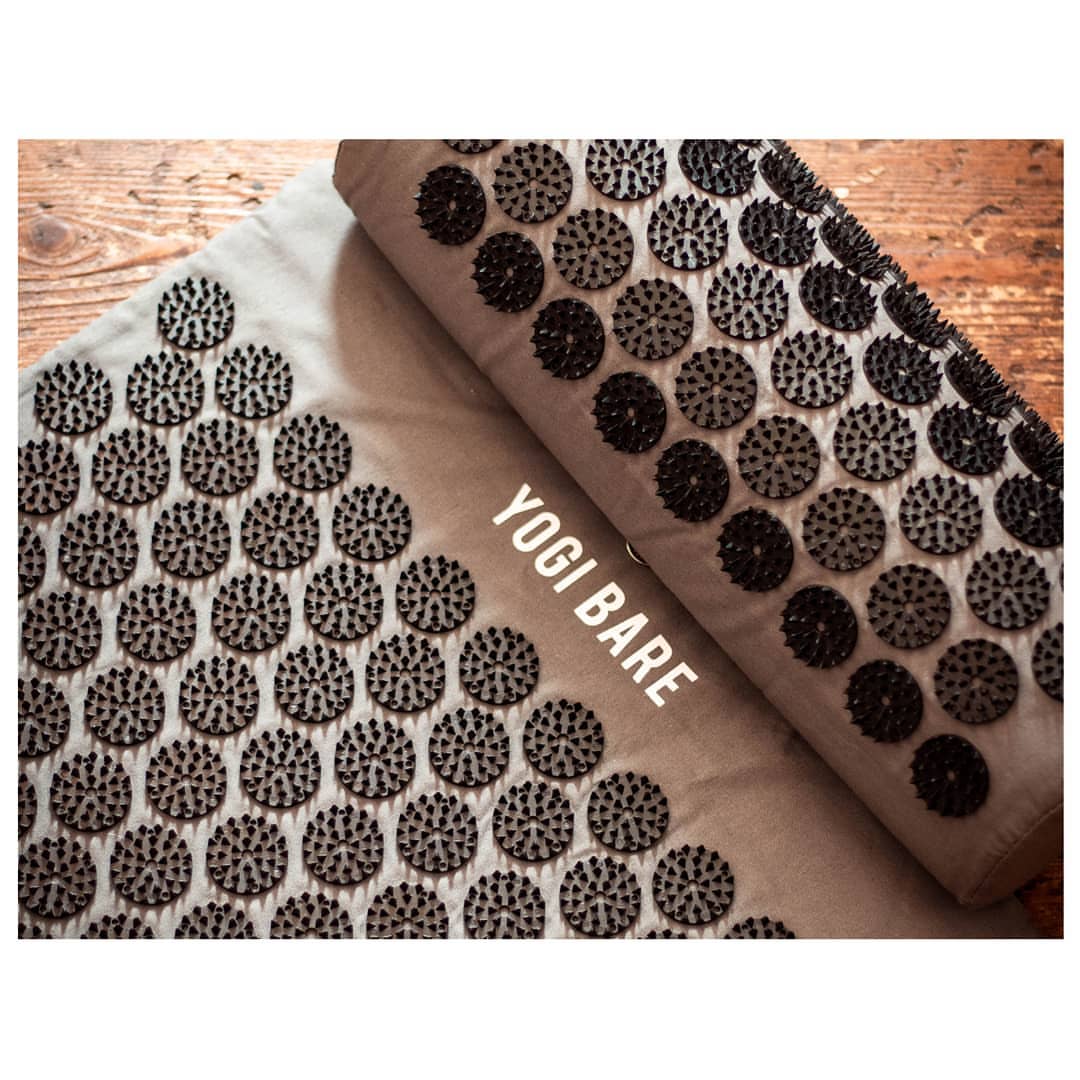Metro journalist Natalie Morris and Acupressure Specialist Sarah Brown team up to bring the therapeutic and the science on Acupressure together in one article.
Curious about how Acupressure can benefit your mental health?
Read below:

So many of us are anxious. Really anxious.
And I don’t mean in a – normal level of worry about work deadlines, or giving a presentation – kind of anxious, I mean full-blown, clinical anxiety with all the fun physical and psychological effects that come with it.
We’re all looking for ways to feel better, and the first thing to do if you’re worried about anxiety is speak to your GP, who will be able to prescribe a range of treatments from CBT to talking therapy to medication.
But there are things you can do alongside traditional medical treatments to alleviate your symptoms. Including trying out acupressure.
Acupressure is an ancient Chinese therapy – and an acupressure mat is basically like a much less intense bed of nails that applies pressure to points on your back as you lie on it.
Acupressure is said to help with pain, injuries, relaxation and sleep It’s said to offer physical rehab for pain relief, muscle repair and injury recovery, but it’s also meant to be good for mental relaxation, deep sleep and meditation.
This is where the anxiety part comes in. A major study in 2015 found that depression, anxiety and stress can be positively impacted by acupressure. Subjects were given treatment three times a week for four weeks and the results were positive. It was found to significantly reduce depression, stress and anxiety.
What is acupressure? As the name suggests, acupressure works by applying pressure to various points of the body whereas acupuncture uses needles. Acupressure restores balance to the body’s energy flow (qi) by manipulating the body’s meridians. The term ‘Meridian’ refers to the set of pathways that flow through body, acting as a mode of transport for vital energy. This energy effects everything from mood to health and wellbeing.
Applying enough pressure on specific points of the meridian lines can stimulate the brain and even work to provide drug-free pain relief. Sarah Brown, acupressure practitioner and health specialist at LastVerdict

In a 2016 study on rats, acupuncture was again found to be effective for reducing anxiety. The researchers suggested that it impacts how the body triggers the fight-or-flight response.
Researchers do concede that we don’t know enough about how acupressure could impact different kinds of anxiety – including panic attacks and phobias – but the results are positive nonetheless.
Acupressure mat works in a similar way to acupuncture – stimulating energy, vitality and a sense of well being in the body. The gentle pressure of the mat allows the body to relax and release endorphins – the body’s natural painkiller. When using the mat you’re meant to feel a sense of elation, happiness, energy and calm.
Which sounds great to be honest.
‘The benefits of acupressure holds no bounds,’ explains Sarah Brown, acupressure practitioner and health specialist at LastVerdict. ‘There are literally hundreds of acupressure points around the body that address a countless number of body conditions. Even if you do not fully commit to believing in the benefits of acupressure, everyone is often in agreement that it serves as a great source of relaxation.’ Sarah says she has seen a rise in people using acupressure for migraines and period pain, and it can also help to boost the immune system and aid in digestion. ‘Acupressure can combat anxiety as it ignites the nervous system in order to produce chemicals that work to provide pain relief, whilst stimulating the part of the brain that regulates emotions,’ explains Sarah. ‘The quickest “acupressure point for on the go” when anxiety hits, is to sit in an upright position and place your thumb in between your eyebrows quite firmly. Circle the thumb whilst breathing in through the nose and out through your mouth. ‘As you inhale, your stomach should rise and fall. Ensure that you are not breathing into the chest. As a few minutes pass, see if you can make your exhales longer than your inhales. ‘Practicing this action will relax the nervous system and reduce a speeding heart rate. ‘I recommend using an acupressure mat in-between professional sessions, and it is wise to remember that they do not focus on one part of the body, but stimulate several points at one time.’

To get the maximum benefit, Yogi Bare suggests that you lie on one of their mats (which come with an optional pillow) for 20-40 minutes, several times a week. It can become part of a mediation or yoga practice. Tips for using an acupressure mat The mat will feel uncomfortable to lie on, so take the time to find the right position for you. You may also wish to experiment with lying on a towel until you find the right level of sensation. The spikes have a rounded tip, so can’t hurt you, however people with sensitive skin, haemophilia or psoriasis should use the mat with caution. The Acupressure Mat will allow your body to start breaking down toxins so please remember to drink water after use.
Yogi Bare Acupressure is a great option for people who want the benefits of acupuncture, but aren’t keen on the needles.
Acupressure is non-invasive and considered to be really safe. The only risk is the possibility of temporary heaviness, aching, or tingling at the point of the acupressure administration – but we can handle that. Yogi Bare’s mat is really accessible so you can turn your living room into a calming wellness centre for a really affordable price.
Read more: https://metro.co.uk/2019/10/17/acupressure-mat-help-anxiety-10936012/?ito=cbshare

Leave a comment